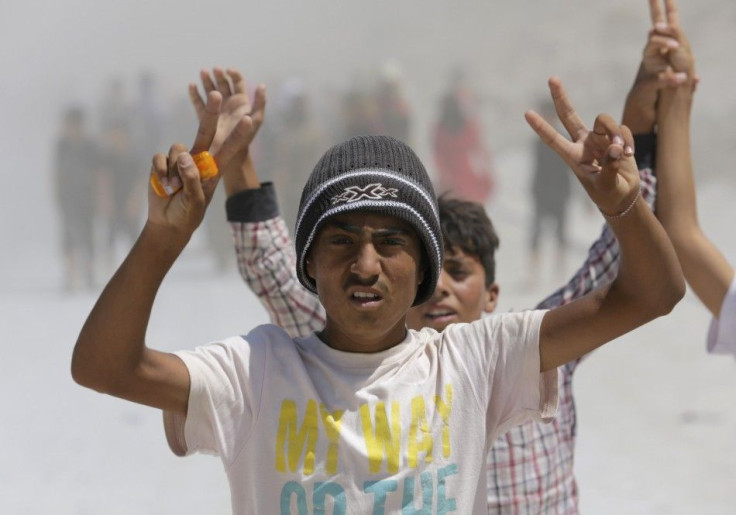Australia to Supply Weapons to Kurdish Forces Soon

Australian Prime Minister Tony Abbott confirmed that his administration would start supplying weapons to Iraq "in [the] coming days."
Immigration Minister Scott Morrison also confirmed sending weapons to northern Iraq to help the Kurdish forces fight against the Islamic State. Mouayed Saleh, Iraq's ambassador to Australia said that Australia should send the weaponry directly to the government of Iraq instead of sending it to the Kurdish forces.
Morrison, however, said that Australia was acting "in coordination in partnership with the government of Iraq." "You cannot move arms into another sovereign country without their support and participation and involvement, and certainly we wouldn't be doing that," he said, "We have the appropriate arrangements in place and we're doing it in accordance with those arrangements."
While the U.S. forces continued its attack against the Islamic State, Abbott said that the world must be grateful to America for its actions against the militant organisation in Iraq. He said that U.S. airstrikes made it difficult for the Islamic State. "He hasn't been trigger happy, he hasn't rushed in, he has been very careful about this," Abbott said about U.S. President Barack Obama, "I think that's to his credit because the last thing I think anyone would want to do is rush into another difficult conflict in the Middle East."
Both Abbott and Leader of the Opposition Bill Shorten were highly critical about the Islamic State which, according to them, was "an enemy of humanity" and "a death cult." The national leaders declared to Parliament that Australia as well as its allies would not tolerate innocent people being slaughtered by the terrorist group in the Middle East.
Australia is going to send C-130 aircraft to Baghdad. After it gets the customs clearance, it will fly from the Iraqi capital to Erbil which is controlled by the Kurdish forces. The aircrafts are going to hand the weaponry over to the local army. The weaponry will include rocket-propelled grenades and mortars.
Shorten called the activities of the Islamic State as "genocide." Abbott, on the other hand, said that Australia was confronting the Islamic State out of "good conscience." Australia "cannot leave the Iraqi people to face this horror, this pure evil alone, or ask others to do so in the name of human decency what we won't do ourselves," Abbott said.
The U.S. government, on the other hand, has not yet requested Australia to take part in Iraq with greater military strength.
Contact the writer: s.mukhopadhyay@ibtimes.com.au





















